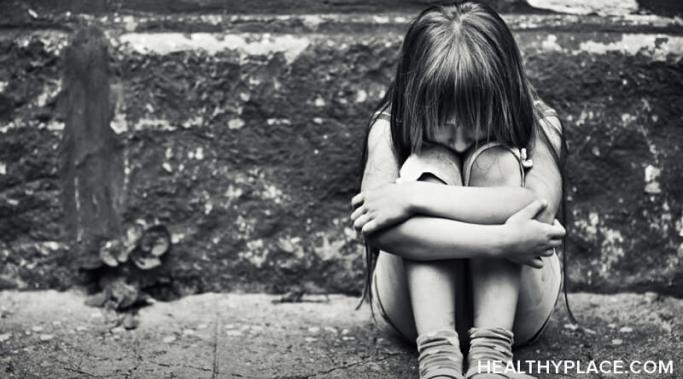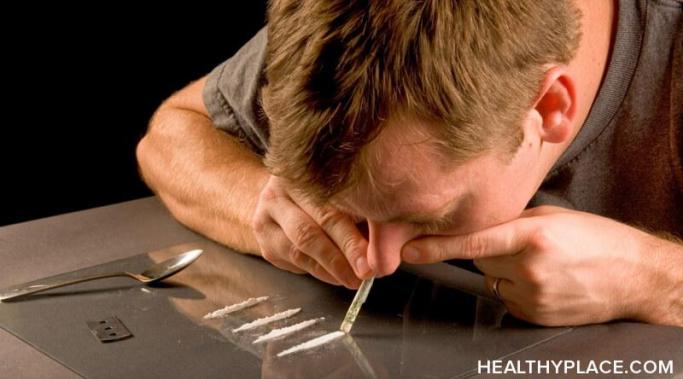Blogs
I was diagnosed with schizoaffective disorder, bipolar type, in 2002 (after a diagnosis of schizophrenia in 1999). But the anxiety that so often accompanies bipolar disorder and schizoaffective disorder has been with me since early childhood.
When I experience anxiety, one of the main symptoms I have is anticipatory anxiety, which is excessive worry about what will happen in the future. It is this symptom that keeps me up at night when I'm not sleeping well and often results in intrusive thoughts that interrupt my concentration when I'm trying to focus.
I hate the phrase, "live your truth." I really do. Besides being tragically cliched, relegated to Instagram captions and gift shop t-shirts as it is, "live your truth" is generally marketed as a philosophy that will always yield a good outcome: live your truth, and you'll be radiant, prosperous, and probably really great at yoga. Live your truth, and achieve perfect bliss. Rarely have I heard a person or a piece of content urge me to live my truth and insinuate anything but a wonderful result.
The anxiety and depression cycle makes it difficult to start and complete urgent tasks. Having struggled with both conditions for years, I have learned coping methods to stay productive and accomplish my goals. To learn about my strategies for beating the cycle of depression and anxiety, continue reading this post.
There are positive and negative coping skills for mental illness. This means that while almost anything can be a coping skill, some are truly helpful, and some are actually harmful. But what are negative coping skills, and why would anyone use a negative coping skill if it's harmful?
A self-harm-free calculator can be a handy tool for tracking self-injury recovery progress for some folks, but it can impede progress for others if not used with care. Learn how to use a self-harm-free calculator properly.
Is forgiving verbal abuse even possible? Learning to heal from verbal abuse is a unique journey that won't be identical to someone else's path. Each person will go through a series of stages as they work through their past and move forward. Your idea of healing may also differ greatly from what someone else believes is necessary. So, can you forgive verbal abuse, and do you have to so you can move past it?
Last year, I quit my soul-sucking corporate job to pursue my true passion: writing. It impacted my depression in unexpected ways; in fact, it made my depression worse.
Psychosis (the presence of hallucinations and/or delusions) and anxiety can be difficult to deal with in relationships. Many symptoms can be confusing, frustrating, and challenging to those looking from the outside. When I have had breaks from reality (psychotic episodes), I have always treated my family and my spouse with suspicion due to paranoia. The paranoia often causes me to think that I am in danger around those who are the most supportive of me.
I remember visiting my therapist when I was learning to cope with obsessive-compulsive disorder (OCD), and one of the things he said was, "Mr. Brocklebank, you have set yourself a very high bar." Of course, I knew this already. I have been painstaking and particular about everything I do for as long as I can remember—what some might call a perfectionist. But is perfection something you should try to achieve, or can you be happier without it? As a perfectionist, can you ever meet the uncompromising standards you set for yourself? Should perfectionism ever be a goal?









